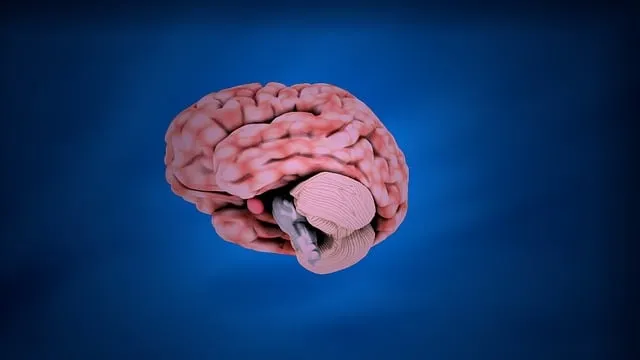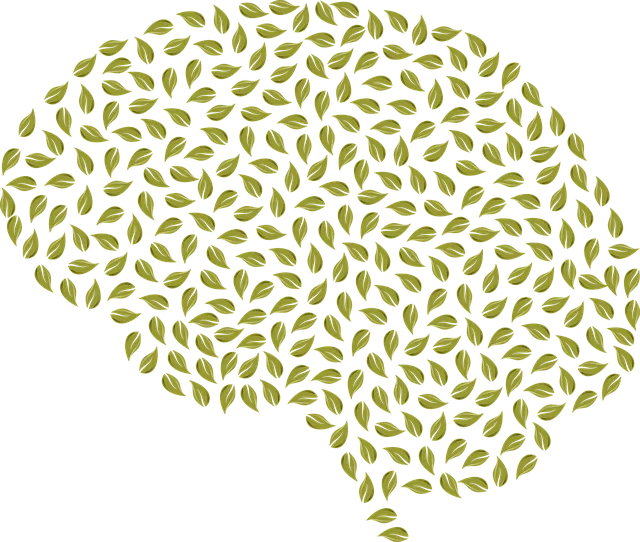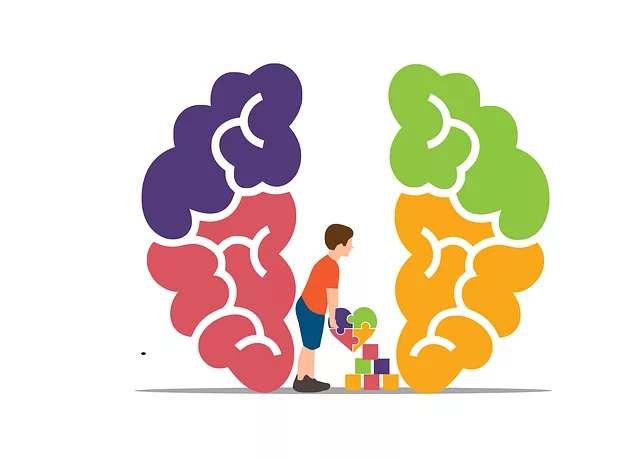The Kaiser Permanente mental health center in Centennial is known for its holistic approach, integrating socio-cultural contexts, environmental factors, and individual differences into patient care alongside traditional symptom analysis. They prioritize compassionate care through burnout prevention for healthcare providers and tailored community education. Reviews highlight high availability of providers but call for improved cultural competency training to better serve Centennial's diverse population, emphasizing the need for initiatives fostering self-esteem and inner strength for enhanced patient outcomes and satisfaction.
Mental health data analysis is a powerful tool for understanding and improving well-being. This article explores this field, focusing on three key aspects. First, we provide a comprehensive overview of understanding mental health data, highlighting its significance in healthcare. Next, we examine the role of Kaiser Permanente, a leading mental health care provider, in driving research and innovation. Finally, we analyze Centennial Community’s needs through reviews and interpretations, showcasing how data-driven insights can shape effective strategies for better mental health outcomes.
Keywords: Kaiser Permanente mental health center reviews, Centennial community analysis.
- Understanding Mental Health Data: A Comprehensive Overview
- The Role of Kaiser Permanente in Mental Health Care and Research
- Analyzing Centennial Community's Needs: Insights from Reviews and Interpretations
Understanding Mental Health Data: A Comprehensive Overview

Understanding Mental Health Data is a multifaceted endeavor, particularly in a complex healthcare setting like the Kaiser Permanente mental health center reviews Centennial highlight. This involves recognizing and interpreting diverse data points that reflect the psychological well-being of individuals within the community. The process encompasses not just quantifying symptoms or diagnoses but also factoring in socio-cultural context, environmental influences, and individual differences.
Centennial’s engagement with mental health data goes beyond simple analysis. It includes implementing Burnout Prevention Strategies for Healthcare Providers to ensure accurate interpretation is coupled with compassionate care. Mental Health Education Programs Design tailored to the local population play a crucial role in this process, fostering Emotional Intelligence among healthcare providers to better understand and address complex mental health issues.
The Role of Kaiser Permanente in Mental Health Care and Research

Kaiser Permanente, a renowned healthcare organization, plays a pivotal role in shaping mental health care and research, especially in its Centennial location. As one of the leading providers of integrated healthcare, Kaiser offers comprehensive mental health services, leveraging advanced data analysis techniques to interpret patient outcomes. Their centers are known for providing evidence-based treatments, focusing on various aspects of mental well-being.
The organization’s expertise lies in implementing effective communication strategies that foster trust and understanding among patients, caregivers, and healthcare professionals. By addressing the complex issue of mental illness stigma reduction efforts, Kaiser Permanente aims to create a supportive environment. Their research and data analysis contribute to evidence-based practices, enhancing mood management techniques and improving overall patient care. The Centennial location, in particular, has garnered positive reviews for its dedicated team and innovative approaches to mental health treatment.
Analyzing Centennial Community's Needs: Insights from Reviews and Interpretations

Analyzing the needs of Centennial Community through reviews and interpretations of data from Kaiser Permanente’s mental health center provides valuable insights. The reviews highlight a range of concerns, including challenges related to access, affordability, and quality of care for mental health services. Many clients appreciate the availability of healthcare providers but emphasize the need for improved cultural competency training to better address diverse community needs.
These findings underscore the importance of addressing self-esteem improvement and inner strength development initiatives. By recognizing and acting on these insights, Kaiser Permanente can enhance its mental health center’s effectiveness and ensure it aligns with the unique requirements of the Centennial Community. This approach fosters a more inclusive and supportive environment, ultimately improving patient outcomes and satisfaction.
Mental health data analysis plays a pivotal role in understanding community needs, as demonstrated by the case studies of Kaiser Permanente’s mental health centers and the insights gleaned from Centennial’s review process. By meticulously interpreting these data, healthcare providers can make informed decisions to improve services and better support individuals seeking mental health care. The approach outlined in this article offers a practical framework for navigating complex mental health landscapes, with the ultimate goal of enhancing patient outcomes and fostering healthier communities, as evidenced by Kaiser Permanente’s commitment to accessible and effective mental health services in Centennial.






